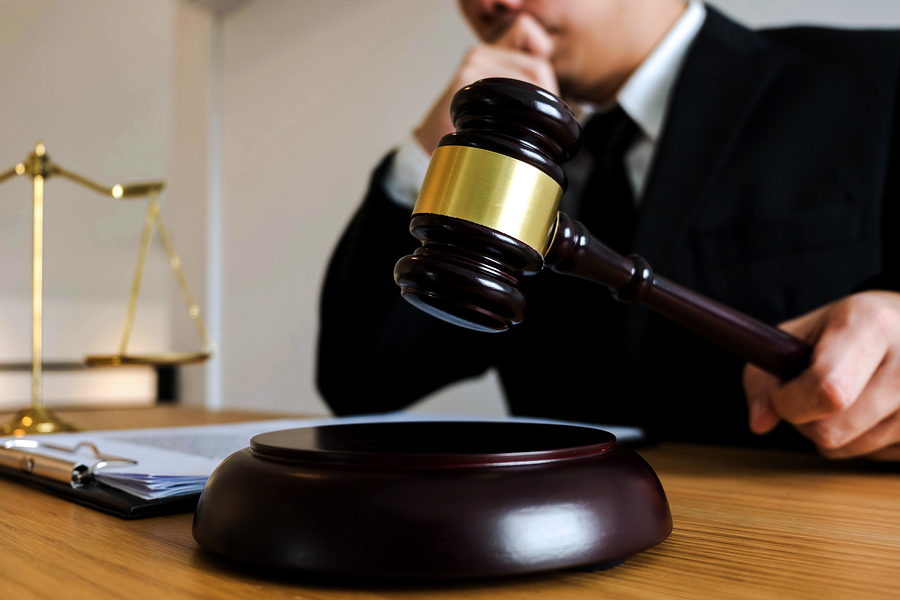Understanding Criminal Law: Thoughts from Attorneys
Maneuvering the intricacies of the justice system can often seem overwhelming for those who are not familiar with it. Grasping criminal legislation and its implications is vital for anyone who wants to protect their rights and make knowledgeable decisions. Whether you are confronting criminal charges, addressing a family law matter, or planning to file a personal injury claim, the advice of an knowledgeable attorney can make all the impact.
In this article, we will delve into important insights from attorneys that encompass a wide range of legal topics. Beginning with knowing when to hire an attorney to comprehending what to foresee during your primary legal consultation, we will offer useful tips that everyone should be aware of. You will also be informed about the common legal mistakes people make and how to select the right lawyer for your particular case. With real examples and advice tailored to various areas of law, this guide aims to empower you with the knowledge you need to manage your legal challenges confidently.
Key Law Tips
Maneuvering the judicial environment can be challenging, but grasping a few key law tips can greatly facilitate that process. First, always consult an legal expert when you find yourself in a legal predicament. Regardless of whether it's a trivial dispute or a grave criminal charge, having a lawyer is crucial. Lawyers bring skills that can help protect your rights and concerns, helping you through complex legal terminology and maneuvering through the court process effectively.
A further crucial tip is to document everything related to your legal matter. This includes maintaining documentation of conversations, messages, and any other communications. Robust evidence can be the factor between winning and losing a case. Being methodical not only helps your attorney strategize but also guarantees you’re thoroughly prepared for any court actions that may come up.
Additionally, it is vital to know your rights in specific situations. For example, being aware of your rights during a police stop or what to do if you're injured in a car accident can enable you to make knowledgeable decisions. Knowledge of your legal rights can help you act correctly and decisively, ultimately strengthening your position should legal action be essential. ### Choosing the Right Attorney
Selecting the appropriate attorney is important for managing any legal matter effectively. Begin by identifying the specific field of law that relates to your situation, whether it’s criminal defense, personal injury, domestic law, or corporate law. Every area has its own complexities, and a lawyer specialized in your area will have specific expertise and experience that can greatly benefit your case. Take the time to look into attorneys with a specializing in your legal needs, as this can make a significant difference in the results you achieve.

Once you have narrowed your options, consider the attorney's standing and past results. Look for internet reviews, testimonials, and case results to gauge their level of success and client contentment. Setting up consultations with potential lawyers will provide insights into their approach, manner of communication, and how comfortable you feel working with them. Trust and rapport are essential, as a good lawyer-client relationship can lessen the stress of the legal process.
Finally, it is crucial to discuss fees and billing arrangements upfront. Ensure that you know how the attorney charges for their services, whether it's a fixed fee, hourly rate, or contingency fee. Clarity regarding cost expectations can prevent misunderstandings later on. Taking these factors into account will help you make an knowledgeable decision, resulting in a partnership that supports your legal journey.
Understanding Lawful Procedures
Navigating the legal system can be challenging, especially for those unfamiliar with its various elements. https://graph.org/Property-Law-Essential-Tips-from-Attorneys-04-11 commences when a dispute arises or an event takes place that necessitates legal intervention. Grasping how a lawsuit operates, starting with filing a complaint to possible resolutions, is vital for people considering legal action. It is crucial to realize that not all legal disputes have to go to trial; a lot of conflicts can be addressed through negotiation or compromise, which can preserve time and resources.
Following a case is submitted, parties participate in a information-gathering phase where they swap information and insights relevant to the case. This stage is essential as it establishes the basis for presenting cases in the courtroom. People must also recognize the timeframe involved, as judicial actions can often last months or possibly longer before arriving at a conclusion. Staying ready at each point can greatly influence the conclusion of a case.
For those uncertain of their view in a court situation, consulting an attorney can help clarify whether they have a strong lawful position. Judicial professionals analyze the facts and data, offering insights into the validity of the case and strategies for moving forward. This first review can aid individuals make educated judgments on how to proceed, whether it results in court or an alternative settlement.